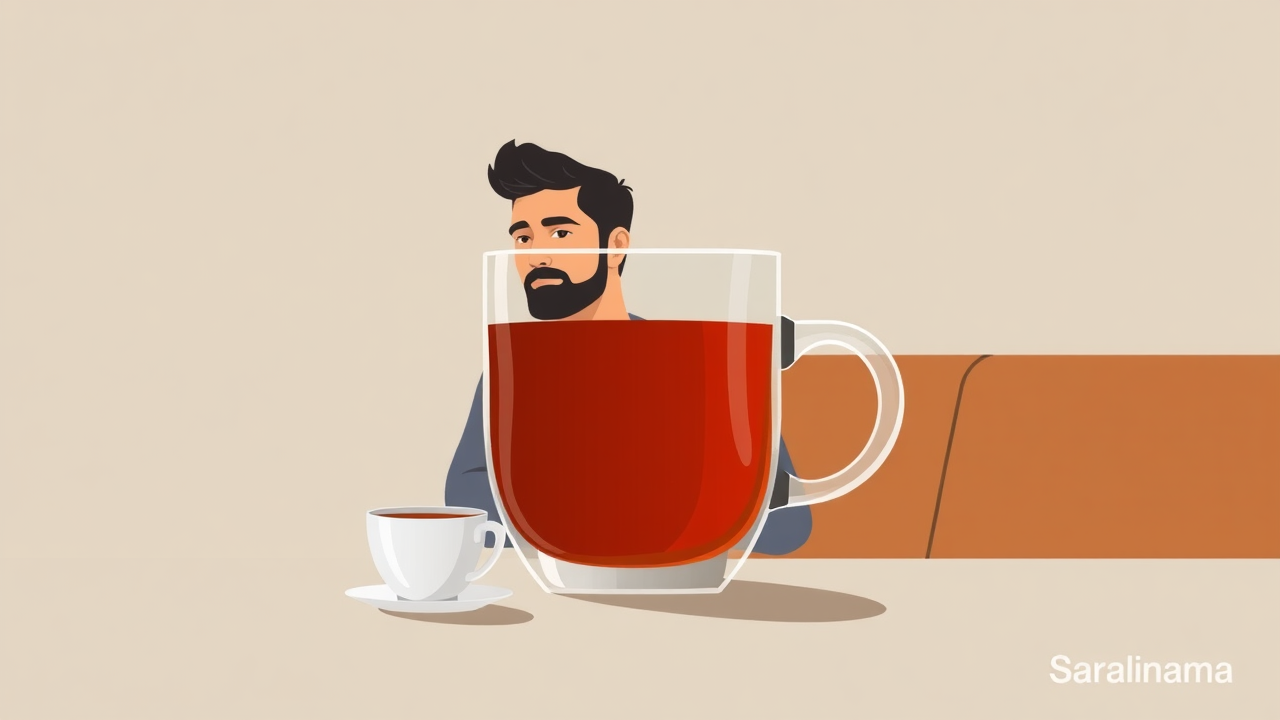Member of Parliament Raghav Chadha recently revealed his high tea consumption during an interview with Curly Tales. He shared that during election campaigns, he drinks 8-10 cups of tea daily, while on regular days without campaigning, he consumes about 3-4 cups. His admission highlights the demanding lifestyle of politicians who rely on tea to stay energized during hectic schedules filled with meetings and rallies. However, health experts warn that excessive tea intake can lead to serious health problems. The caffeine in tea affects sleep patterns, cardiovascular health, and nutrient absorption. Medical professionals recommend limiting consumption to 1-2 cups per day to avoid these risks. They also suggest practical strategies like replacing tea with herbal infusions or warm lemon water, gradually diluting tea, and pairing it with protein-rich snacks to help reduce dependency on caffeine while maintaining energy levels.

Health Risks of Excessive Tea Consumption
Health experts explain that drinking too much tea poses multiple risks. Ashlesha Joshi, a senior nutritionist at Tone 30 Pilates, noted that caffeine delays melatonin release, disrupting sleep cycles and making rest less restorative. Dr Narander Singla from CK Birla Hospital, Delhi, warned about short-term effects including jitteriness, anxiety, insomnia, upset stomach, and elevated heart rate. Long-term consequences include cardiovascular strain from persistent blood pressure elevation, sleep disruption affecting immunity and mental health, and physical caffeine dependence causing withdrawal symptoms like headaches and fatigue. Caffeine also interferes with iron absorption, increasing anaemia risk. Experts recommend limiting intake to 1-2 cups daily and replacing tea with herbal alternatives, warm lemon water, or diluting tea gradually to minimize health problems.
Source: Link
